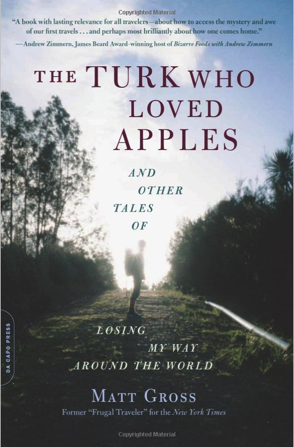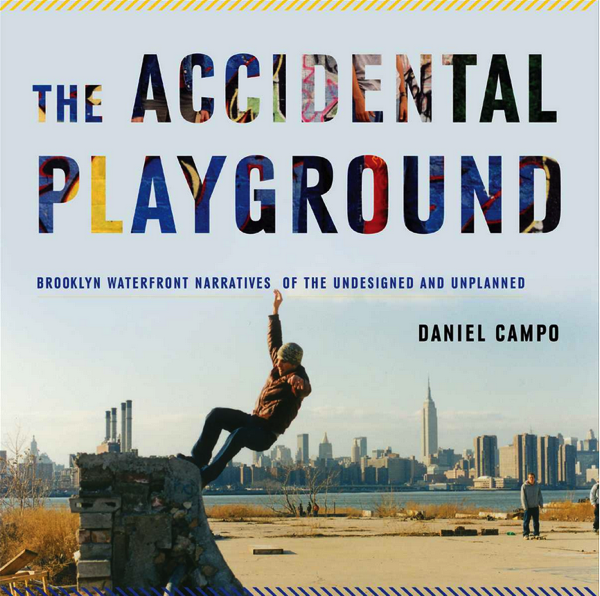“Reading is an active, imaginative act; it takes work.”
– Khaled Hosseini
It’s time again for my annual recap of the best books I read during the year.
As ever, I’m not restricting myself to works published during the past twelve months. (Though one of my picks came out in 2024.)
And, as I’ve noted in previous roundups, I remain committed to reading in print whenever possible.
In a world awash in the digital, holding a book in one’s hands almost feels like a small act of rebellion. There are no notifications. You don’t scroll. There are no batteries to deplete or screens to crack.
I also relish the tactile experience: turning the pages, looking at the book’s cover, getting a sense of how far I have to go until the end, and being able to mark up passages for future reference.
Of course, e-readers like the Kindle, and the Kindle app, are convenient. Many people have recommended to me Libby, which lets you borrow e-books from your library. I’ll give it a shot.
And then there are audiobooks. Many people love them. I’m ambivalent, mostly because I fear listening to text will cheat of me of having read it, lessening its impact. But I probably need to loosen up on that.
Apparently there’s a debate raging online about whether or not listening to a book counts as having read it. What do you think?
Anyway, on to my picks.
This year was an outlier because I read almost entirely fiction. Which is a good thing! I’ve read mostly nonfiction in many years past, and wanted to change that.
In previous, nonfiction-dominated years I’d sometimes read around a theme, picking titles to learn more about a particular topic. That may have provided some kind of retrospective coherence to what I’d ingested.
In addition to the selections below, I’m about three quarters of the way through an 800-page work of classical Russian fiction that I’ll share more about when I’ve finished.
Here goes:
John Williams, “Stoner.” I was floored by this 1965 campus novel. I’d only known that it’s a cult classic, but I’d never picked it up.
Told in direct, crisp prose, it’s the story of protagonist William Stoner. He was born on a Missouri farm in the late 19th century, appeared destined for a life of agrarian toil, but then was lucky enough to attend college.
There, he falls in love with literature. He builds a career as an English professor – and suffers decades of professional and personal disappointments. But he is sustained by his academic work and his belief in the power of literature, providing his life with deep meaning.
The book’s evocative closing scene will remain with me for a long time.
John Williams, “Butcher’s Crossing.” After “Stoner” I had to read more of Williams.
This western, which came out five years before “Stoner,” takes place in 19th century Kansas. The main character is a Harvard dropout who journeys west in search of adventure. He finds it by joining a (very eventful) buffalo hunt.
It’s a classic hero’s journey, all about ambition, self-knowledge, and mankind’s destruction of the natural world. Like “Stoner,” it’s beautifully written. (I plan to turn to more of Williams’s work in 2025.)
Pitchaya Sudbanthad, “Bangkok Wakes to Rain.” Man, I loved this novel.
Multi-generational, with memorable characters, focused on themes of love, pain, loss, belonging, permanence. Set in one of the world’s greatest cities, Bangkok. Reads like a series of short stories that are woven together, with a dose of science-fiction.
David Ignatius, “Phantom Orbit.” His latest spy thriller, focusing on espionage and space.
Ignatius is always highly readable, and I love his books’ technical details. I find his novels a good place to start if you’d like to get a (fictionalized) sense of tech trends such as quantum computing (“The Quantum Spy”), cybersecurity and digital disinformation (“The Paladin”), etc. This one does that for security and space.
Liu Cixin, “Three Body Problem.” The novel you’ve heard everyone talking about for years.
I loved the premise and many of the plot twists, though I felt lost during some portions. And perhaps because it’s translated from Chinese, I found some of the language strained. Still, it’s highly inventive and thought provoking, and the pacing accelerates in the second half of the book.
May your 2025 bring you hours of enjoyable reading.
My previous annual best books lists: 2023, 2022, 2021, 2020, 2019, 2018, 2017, 2016.



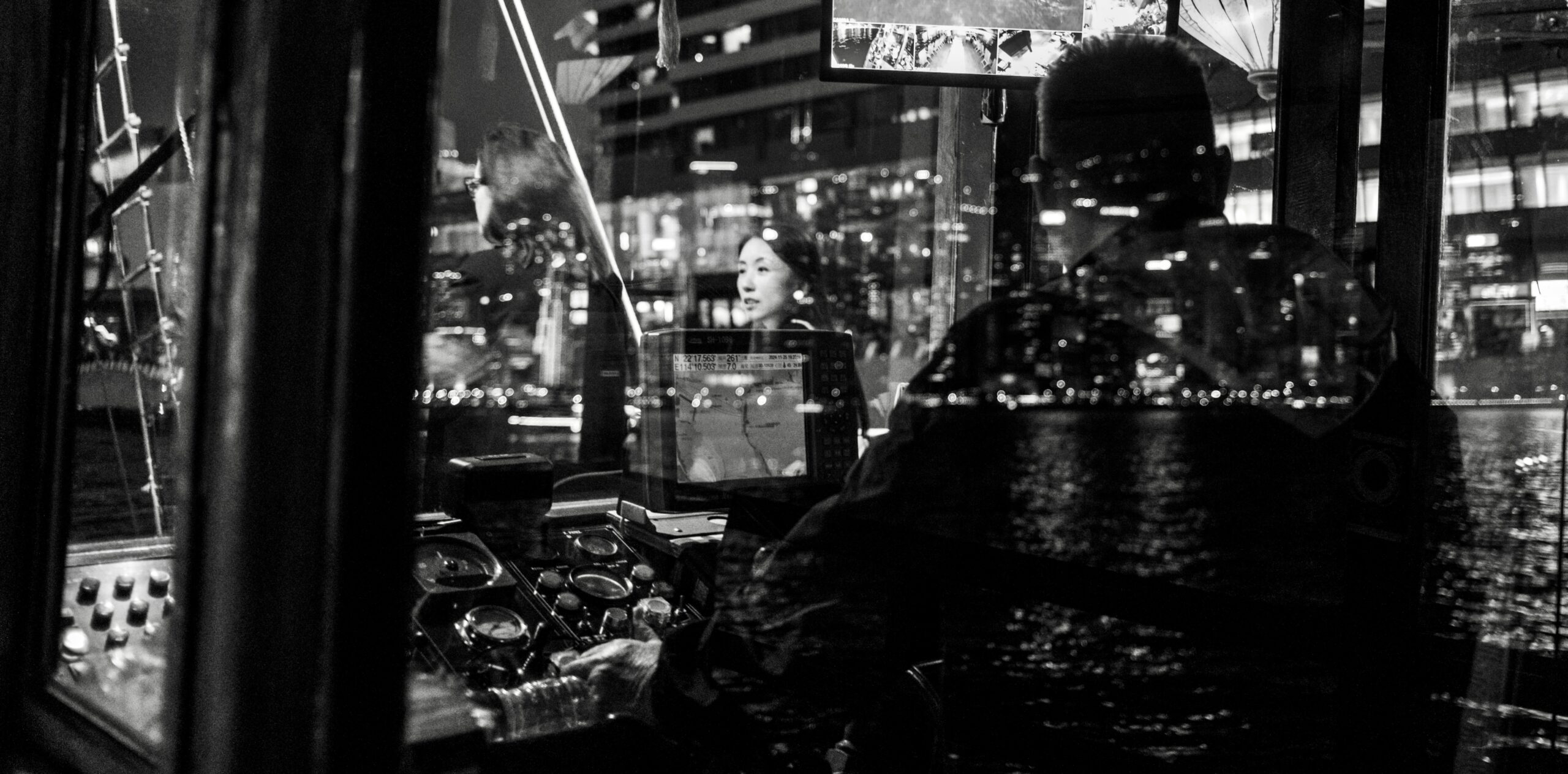











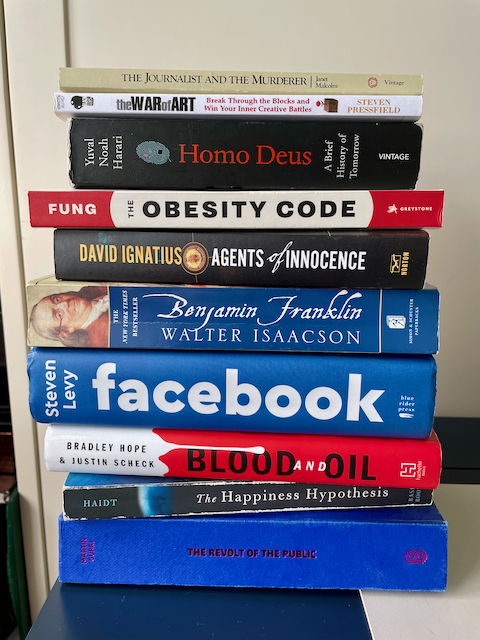

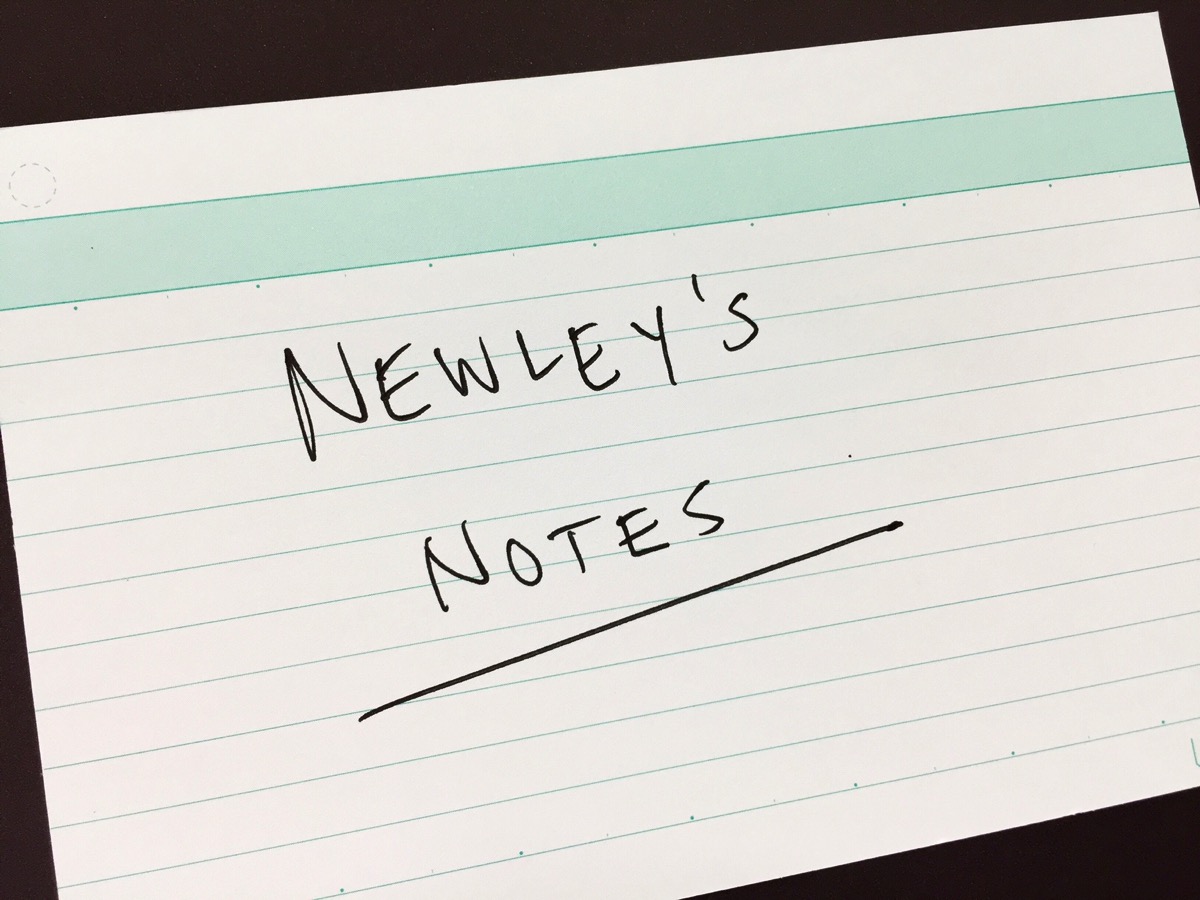
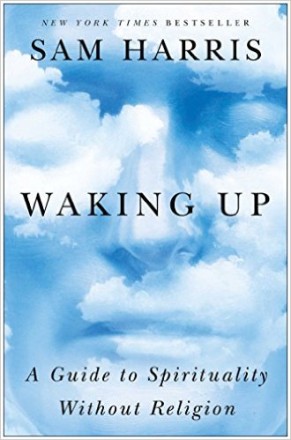 Book: “Waking Up”
Book: “Waking Up” Again, I’m kind of cheating here.
Again, I’m kind of cheating here.  Serious “Star Wars” nerds
Serious “Star Wars” nerds 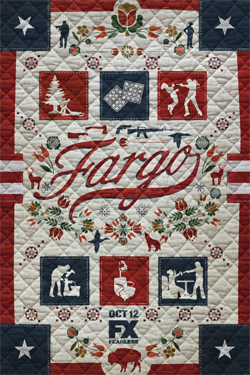 Holy shit, “
Holy shit, “